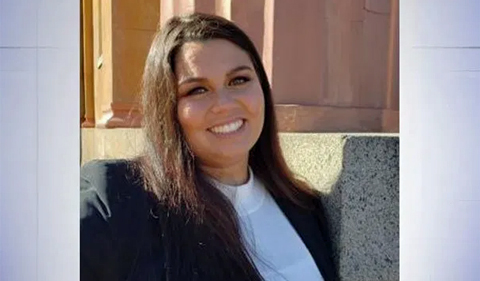Ohio University alum Emily Kubota ’09, curator of the Lynchburg Museum in Virginia, was awarded a scholarship to the Smithsonian Institution’s Interpreting African American History & Culture Workshop, according to a Lynchburg, Va., news release.
Kubota, who was promoted to this past summer, earned a B.A. in Classical Civilization from the College of Arts & Sciences at OHIO.
The Lynchburg Museum System is pleased to announce that Curator Emily Kubota has been selected to participate in the National Museum of African American History and Culture’s (NMAAHC) special workshop, “Interpreting African American History and Culture,” to be held in Charleston, South Carolina, in January 2020.
The NMAAHC, part of the Smithsonian Institution and the Charleston County Park and Recreation Commission, and in partnership with the National Association for Interpretation, the Association of African American Museums, the Southeastern Museum Conference, and the National Park Service, offers this workshop to help museum professionals develop their leadership and training in the interpretation of African American culture and history.
…
Kubota received a full scholarship to attend the program. She has worked in the museum field for over 15 years and has experience in collections, exhibit curation, education and interpretation. She has a BA in Classical Civilization with a minor in Anthropology from Ohio University. After graduation, Kubota worked in Cultural Resource Management and participated in archaeological excavations across the Midwest. Museum work led her from Ohio to Florida, and finally to Virginia. Previously, Kubota held the position of Assistant Curator for four years with the Lynchburg Museum. She has been Curator since May 2019.
West Virginia’s Herald-Dispatch writes about Kubota ’09 in a story headlined “Museum curator helping make local history more inclusive.”
LYNCHBURG, Va. (AP) — Emily Kubota, the Lynchburg Museum System’s curator, was in high school the first time she came face-to-face with the complicated truth about history.
As her class was learning about World War II, Kubota quickly noticed certain parts of the story were missing.
“I recognized that the Japanese internment camp story was not told in school,” said Kubota, whose grandfather spent time in the camps during World War II.
…




















Comments